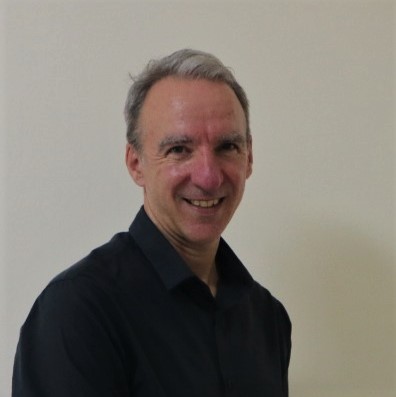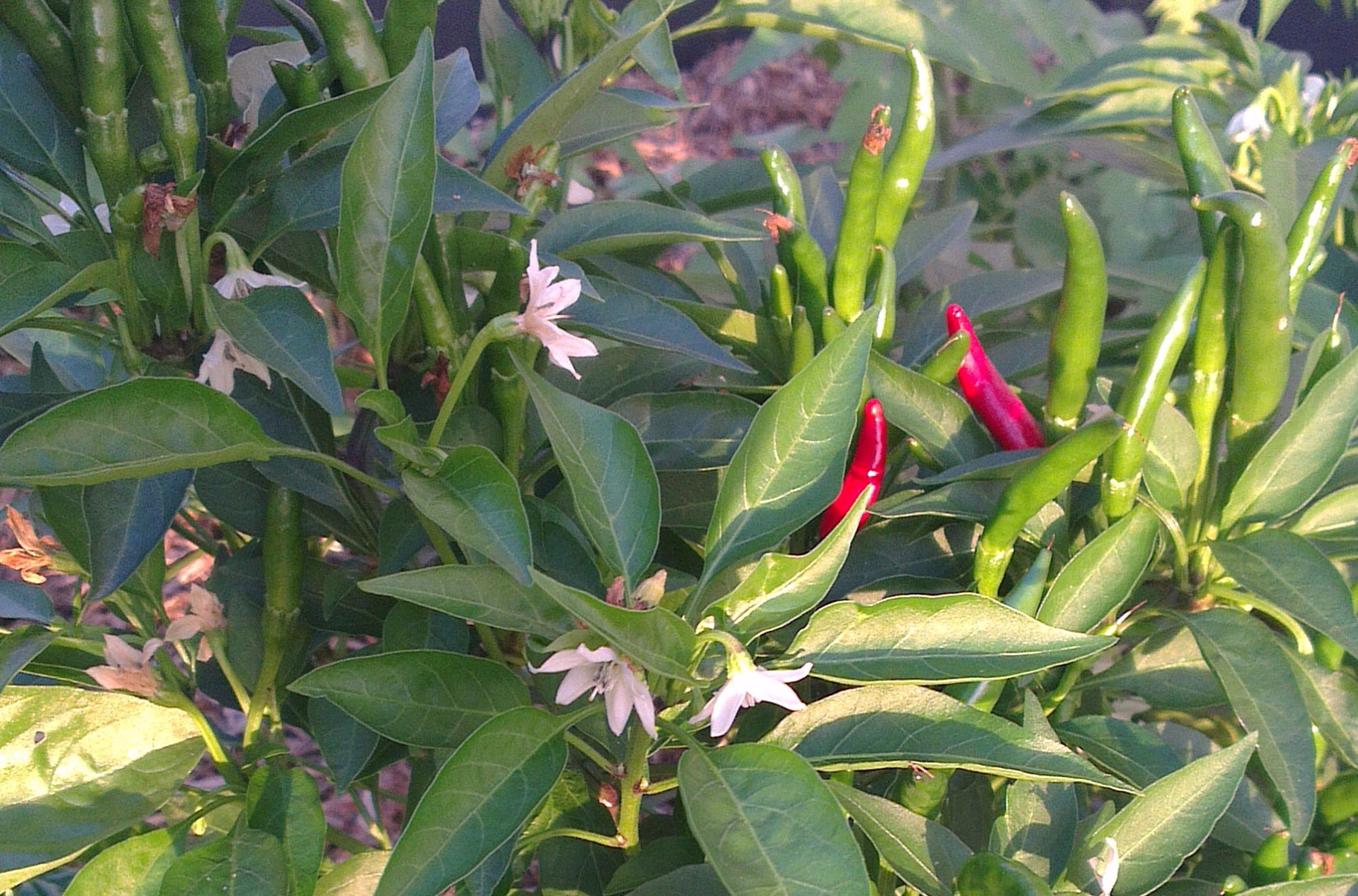It was around this time of year, 20 years ago, that I sold my last car. Ingrid and I were heading to London to live and so the sale was necessary. But the fact that we have not bought a car since, to many, is remarkable – so this reflection is a celebration of that.
I should point out that Ingrid had given her car up two years earlier and so we were living as a one car household which in Australia at that time was rare. Car ownership in Australia is seen as an entitlement by many and getting your first car is almost seen as a coming of age and is a common 18th birthday present. Of course, it is the same for many countries and that is a concern as cars contribute massively to global warming.
London
Central London was feeling it badly at that stage and the politically brave London Mayor oversaw the introduction of a congestion charge. I suspect it was introduced more as an economic measure – to allow movement of commercial vehicles – rather than an environmental one, but noise and air pollution were markedly reduced, and the reduced gridlock made bus travel more appealing.
In London, we lived quite central and there was not the slightest need for a car! We had six different bus routes within a short walk, and we lived in between the Northern Line and the Victoria Line on the Underground, both 15 minutes away. And instead of 15 or 20 minutes between trains, the service on the Underground provided a train every 3 or 4 mins. We were always amused by the disappointed looks on people’s faces as they rushed on to the platform only to see the train doors closing, but then the next train was there before they had caught their breath! A dream public transport service – the sort we should celebrate – and vote for!

Lester Jones (MScMed PainMgt)
Lester Jones is an educator and physiotherapist currently based at Singapore Institute of Technology. He is alert to the ambivalence and inequalities that harm the natural environment and he dreams of disrupting the status quo through physiotherapy that benefits vulnerable people in our global community.
Then we made the most environmentally impactful decision of our lives – we decided to have children. Two more humans on the planet! We took the responsibility of adding to the global population seriously. Ingrid was active with Women’s Environmental Network which amongst other things promoted ‘real’ nappies. And we actively made decisions around avoiding plastics – no dummies/pacifiers, no baby bottles. If I remember correctly, both my daughters were able to take breast milk from a cup at 10 or 12 weeks. The hope was to minimize the production and disposing of anything related to parenting and child-rearing. And in inner city London we found there was quite a lot like minded families and a favourite shop we supported, that offered a range of environmentally friendly products.

Mongolia
When our girls were 5 and 3, we decided to return to Melbourne. I could say that it was an environmental decision to catch the Trans-Siberian train from Europe to Asia, as part of that homeward journey, but there was adventure to be had too! A short stay in a Ger camp mid-journey, provided a stark contrast to the large and bustling metropolis we had been living, and to the train’s destination, Beijing. The surrounds were so pristine and everything was so quiet – that is, apart from my girls screaming every time they disturbed the largish grasshoppers. But the camp was a reminder of how simple life can be.
Melbourne
Eventually, we settled into a house in Melbourne’s northern suburbs about 10km from the CBD. We had a veggie patch, Hills hoist clothesline, water collection tanks for washing machine, toilet flushing and garden, solar hot water and no air conditioning. And no car! We transported the kids on public transport or a cargo bike and when we really needed, we would hire a cab and sometimes a car! The girls progressed to a tag-along – the older one always adding horsepower, the younger one enjoying the ride – and I am sure on one day, she was asleep when I looked back! Then they got their own bikes and their own transport cards and by 12 years old they were relatively independent! The older one loved catching the tram by herself to her netball games and they would ride their bikes together to get to tennis lessons. It is hard to gauge how many car trips we avoided and also hard to overestimate the benefits we all got from being active. But I imagine they were substantial.

Physiotherapy
It was around this time of year, 11 years ago, that I wrote about the environment and physiotherapy. It was a response to being in a country that I felt was ignoring its global responsibilities and working in physiotherapy settings that seemed to pay little attention to reducing their environmental impact. It was also when severe bushfires just north of Melbourne, killed more than 170 people and due to the extreme weather conditions that day, commentators started to make the link to climate change.
The article was published as an editorial in Physiotherapy Research International and I smuggled in a quote from Dr. Seuss’ The Lorax. The article led to contributions in Australian Physiotherapy Association and Chartered Society of Physiotherapy members’ magazines. As well as promoting some things we could do in our workplaces, I tried to highlight the reality of the situation. This included the still astonishing fact (maybe just to me!) that most of the atmosphere is held within just 17 kilometres from the earth’s surface. And most of our weather occurs here. We do not have this endless sky for pollution to dissipate. And it connects us – all of us, in what David Suzuki once described as a ‘matrix of air’ that surrounds the planet. I suspect, in the current pandemic, we have a greater awareness of our global connectedness and can appreciate this more.
An opportunity for change
For me, on this World Environment Day 2020, 20 years after giving up car ownership, it is nice to reflect on some of the other personal decisions I have made, and we have made as a family, to minimise our footprint. It also makes me realise that a decision we make today, might feel insignificant but if we make it a habit, the years do tick by and the cumulative effect of our actions actually becomes quite impressive. So on this day dedicated to our natural environment – and as restrictions that have been placed on us during the pandemic lift – perhaps it is opportune to consider new habits and principles that we can take forward. And so to finish, let me revive the quote from The Lorax,
“Unless someone like you, cares a whole awful lot, then nothing is going to get better, it’s not.”
References
Jones, L.E. (2009a). Physiotherapy and the Earth’s global climate: a need for cultural change. Physiotherapy Research International, 14(2): 73–76. https://onlinelibrary.wiley.com/doi/epdf/10.1002/pri.441
Jones, L.E. (2009b). Thinking vertically about carbon emissions. InMotion, September 2013: The Green Issue. Australian Physiotherapy Association (APA).


Real truth in these words and all physiotherapists needs to look at how they live and consume. By being aware of our individual and professional impacts, that we often feel out of control of, I believe the positive effects of this will reflect in the way we care for patients and the world we depend upon. Our shared endeavours to raise awareness of the impacts of climate change and how we can address these issues within our each of our houses will I’m sure create a ripple effect in wider healthcare practice and lives of our colleagues and patients. Lester was my lecturer in London and wished I had engaged with him in this kind of discussion then. We need environmental education to be part of all physiotherapy learning for the current workforce as much as we do with the new generations.
In the long history of humankind
and animal kind too
those who learned to collaborate and improvise most effectively
have prevailed.
Charles Darwin
(1809 – 1882, English naturalist)
I couldn’t agree with you more on the need for environmental perspectives to be included in PT education asap. We’ve made a start, but fingers crossed for more progress with the EPT Agenda 2023.